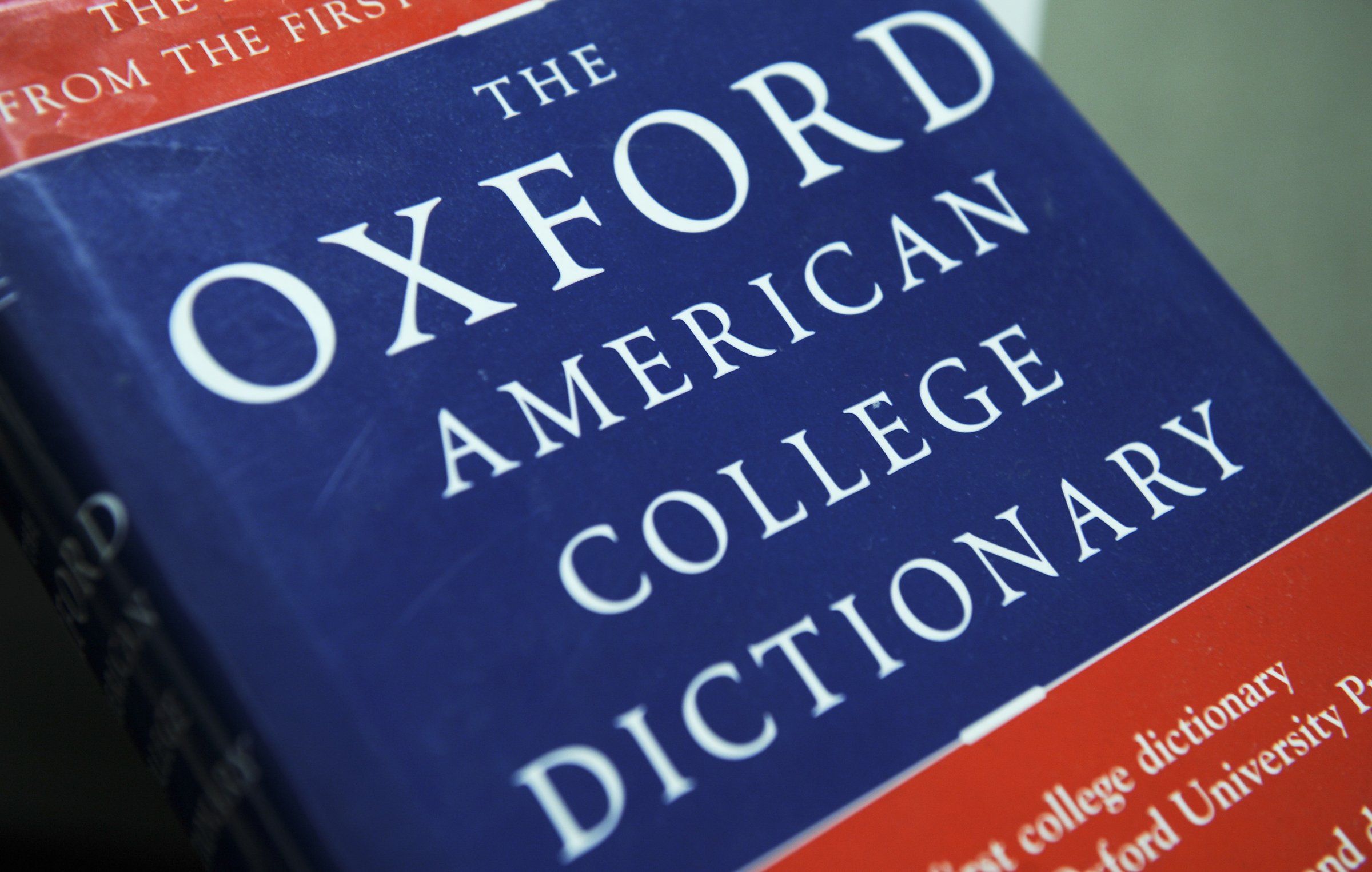
Oxford Dictionaries declared a phrase coined in 1965 its word of the year for 2017.
“Youthquake” — defined as “a significant cultural, political or social change arising from the actions or influence of young people” — took the title this year, the publisher announced Friday. The dictionary credits former Vogue editor-in-chief Diana Vreeland with introducing the word to the world’s vocabulary more than half a century ago.
Usage of the word increased fivefold between 2016 and 2017, bolstered by youth-driven general elections in the United Kingdom and New Zealand, according to Oxford. But if you’re still not terribly familiar with youthquakes, Oxford President of Dictionaries Casper Grathwohl admits you’re not alone.
“No, it’s not an obvious choice. Many of you may even be scratching your heads,” he wrote in a blog post accompanying the announcement. “It’s true that it has yet to land firmly on American soil, but strong evidence in the UK, where it rose to prominence as a descriptor of the impact of the country’s young people on its general election, calls it out as a word on the move.”
Other words on Oxford’s shortlist this year—including “Antifa,” “broflake,” “kompromat,” “newsjacking” and “white fragility”—also nodded to today’s fraught political climate, carrying on the tradition set by 2016’s pick, “post-truth.”
More Must-Reads From TIME
- The 100 Most Influential People of 2024
- How Far Trump Would Go
- Scenes From Pro-Palestinian Encampments Across U.S. Universities
- Saving Seconds Is Better Than Hours
- Why Your Breakfast Should Start with a Vegetable
- 6 Compliments That Land Every Time
- Welcome to the Golden Age of Ryan Gosling
- Want Weekly Recs on What to Watch, Read, and More? Sign Up for Worth Your Time
Write to Jamie Ducharme at jamie.ducharme@time.com